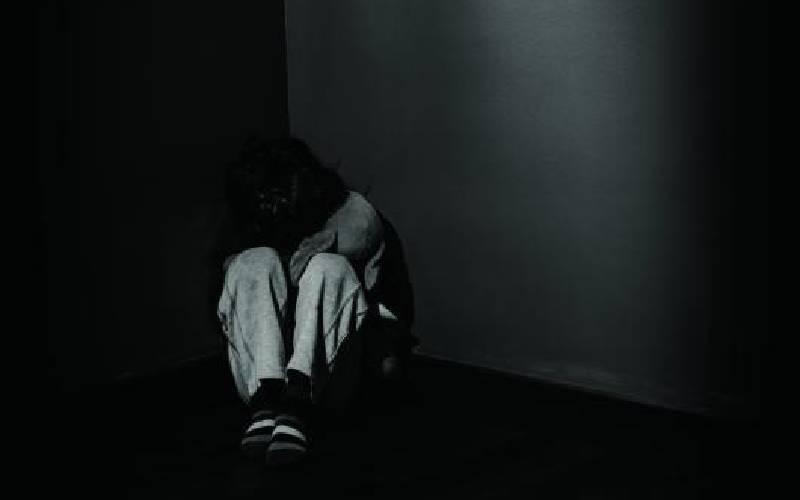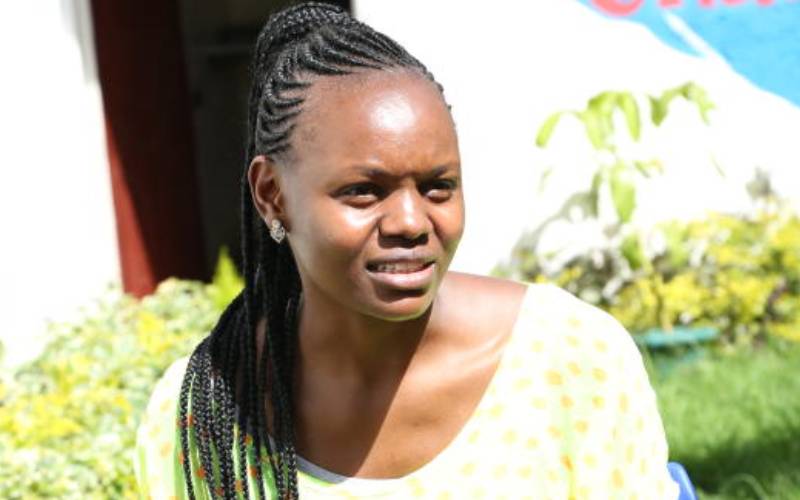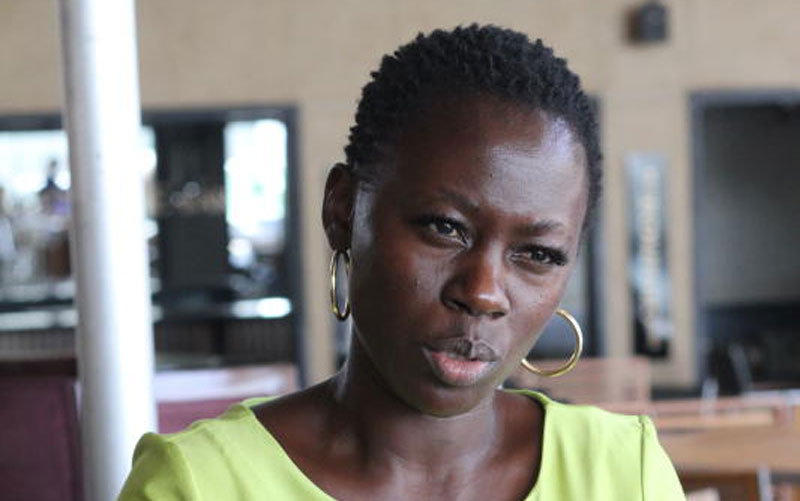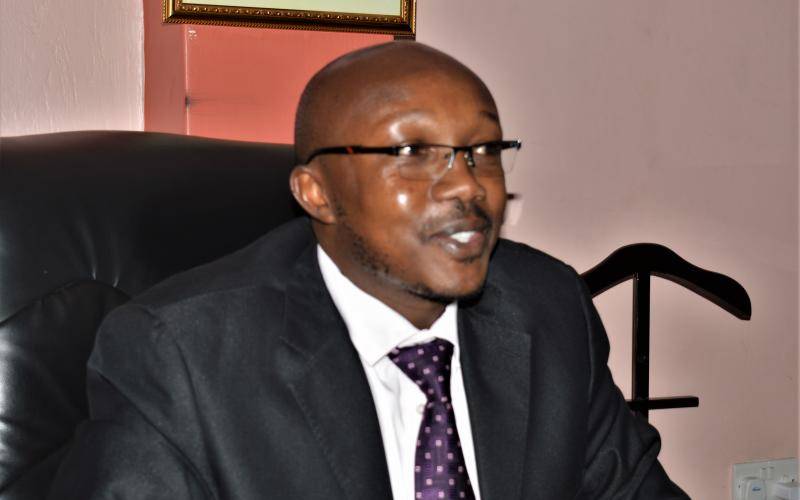
The number of children and youth with mental health issues has been rising Kenya and around during the Covid-19 pandemic.
A global study by United Nations child rights body, UNICEF, presents a worrying trend which requires long-term support on mental health.
The study titled, ‘The State of the World’s Children 2021’ and conducted in 21 countries shows that at least one in five young people between 15 and 24 years suffer depression and UNICEF notes that “as Covid-19 heads into its third year, the impact on children and young people’s mental health and well-being continues to weigh heavily.”
According to UNICEF, globally, about one in seven children has directly been affected by lockdowns, with more than 1.6 billion children having suffered loss of education. Other effects came from disruption to routines, recreation, family income and health which left many young people feeling afraid, angry, and concerned for their future.
About a third of respondents reported feeling scared or anxious and UNICEF Executive Director Henrietta Fore noted that during the pandemic “children have spent indelible years of their lives away from family, friends, classrooms, play – key elements of childhood itself” and even before the pandemic “far too many children were burdened under the weight of unaddressed mental health issues.”
Diagnosed mental disorders, including Attention deficit hyperactivity disorder (ADHD), anxiety, autism, bipolar disorder, conduct disorder, depression, eating disorders, intellectual disability, and schizophrenia.
UNICEF Kenya Representative Maniza Zaman noted that in Kenya, children felt the impact of the pandemic on their mental health and which called for addressing their psycho-social well-being as mental health services “more than doubled following the start of the COVID-19 pandemic” as prolonged school closures affected children’s psychosocial needs.
The study notes that a mix of genetics, experience and environmental factors from the earliest days, including parenting, schooling, quality of relationships, exposure to violence or abuse, discrimination, poverty, humanitarian crisis, and health emergency, such as Covid-19, all shape and affect children’s mental health throughout their lifestyle.
The disorders significantly harm children and young people’s health, education, life outcomes, and earning capacity.
Almost 46,000 adolescents die from suicide each year, among the top five causes of death for their age group and UNICEF has challenged governments to allocate about two percent of health budgets to mental health which is a multi-sectoral area. The government, for instance, has adopted Child-line Kenya, an open national Toll Free number 16 line that addresses mental health and violence against children. UNICEF provides funding for counselors and equipment and training for staff members.
Barbra Sillingi, a counselor at the Nairobi offices said the number of calls since the pandemic struck in the country has significantly increased. In May 2020, there were more than 1, 200 calls to Childline Kenya compared to less than 500 in May, 2019 and Sillingi explains that the pandemic saw more children struggle to cope with the restrictions on movement designed to help curb the spread of the Coronavirus.
As a result, some faced increased dangers, especially during school closures and “schools should also be encouraged to support mental health through quality services and positive relationships," she observed.
The Changing Childhood Project interviewed approximately 20,000 people by telephone in 21 countries and even with the growing numbers of mental problems in children, the report warns that significant barriers for example stigma and lack of funding, prevents children from accessing mental support
Pullout quote: Prolonged school closures affected children’s psychosocial needs- Maniza Zaman, UNICEF Kenya Representative.
 The Standard Group Plc is a multi-media organization with investments in media
platforms spanning newspaper print
operations, television, radio broadcasting, digital and online services. The
Standard Group is recognized as a
leading multi-media house in Kenya with a key influence in matters of national
and international interest.
The Standard Group Plc is a multi-media organization with investments in media
platforms spanning newspaper print
operations, television, radio broadcasting, digital and online services. The
Standard Group is recognized as a
leading multi-media house in Kenya with a key influence in matters of national
and international interest.











